LG Electronics Nigeria: Driving Economic Growth and Social Impact
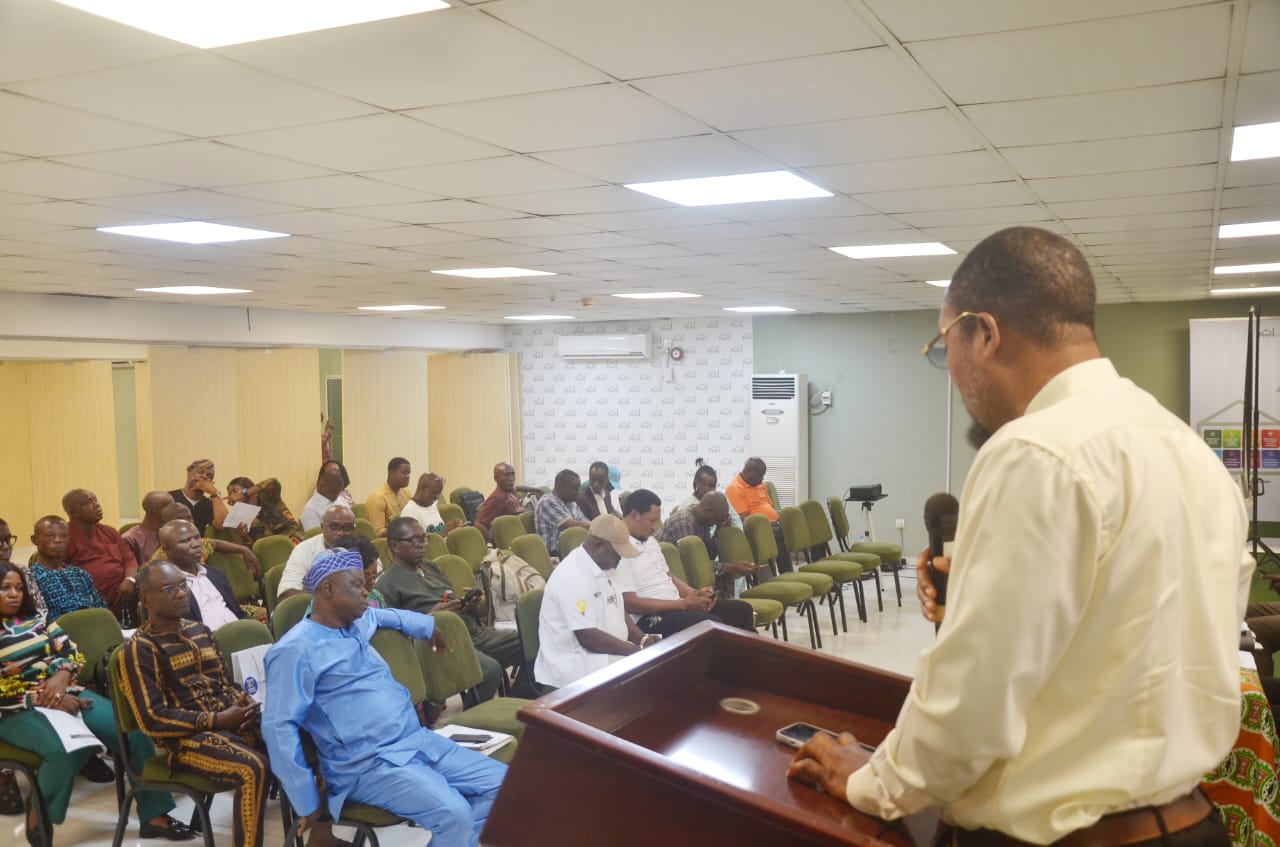


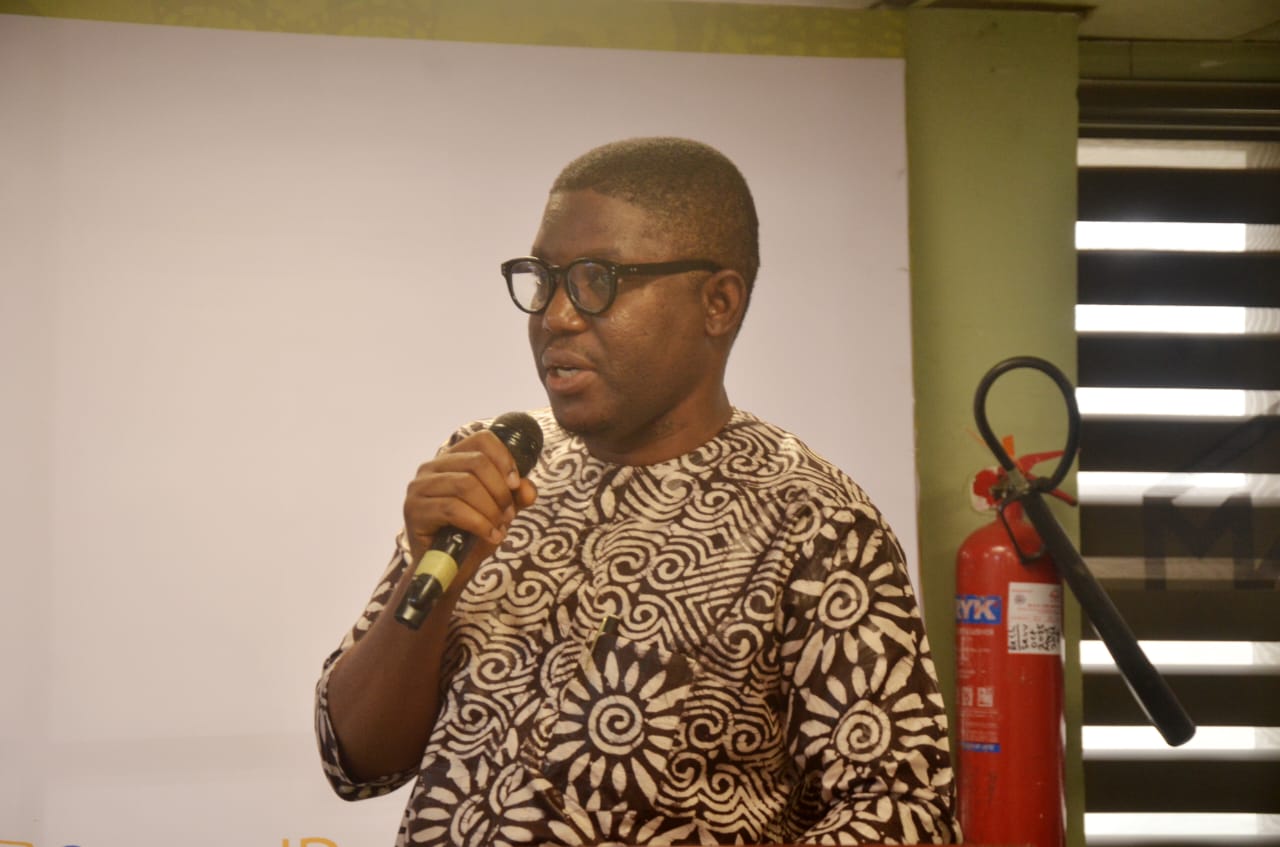
By Winifred Bosa
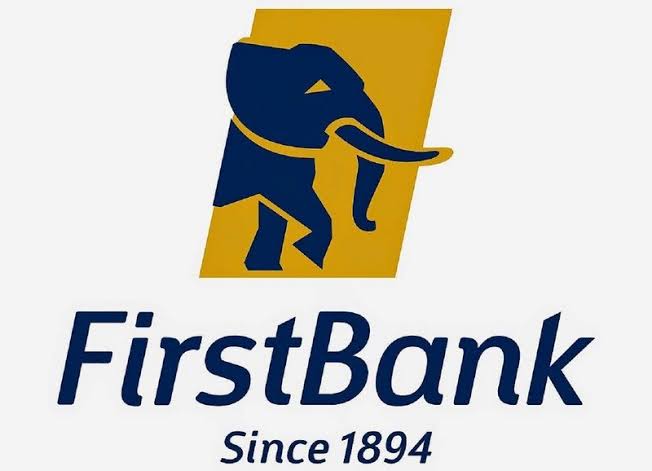
FirstBank Basketball Club of Nigeria, popularly known as the “Elephant Girls”, have secured their spot in the final round of the Women’s Basketball League Africa (WBLA), scheduled to hold in Cairo, Egypt from 5-14 December 2025.
According to a press release by Olayinka Ijabiyi, Ag. Group Head, Marketing & Corporate Communications , First Bank of Nigeria Limited, the Elephant Girls put on a commanding performance at the FIBA Africa Zone 3 Qualifiers in Abidjan, Côte d’Ivoire, winning all three games. Representing Nigeria as the country’s sole team in the tournament, they overcame fierce competition from Côte d’Ivoire, Liberia, Benin Republic, Ghana, and Togo in the Zone. Their undefeated run included a 66–55 upset against home favourites CSA of Côte d’Ivoire and a thrilling 63–59 comeback win against FBA of Côte d’Ivoire, after trailing by 20 points in the second quarter.
The remarkable performance, marked by resilience, discipline skill, and mental strength, earned the team a triumphant return to continental basketball after a six-year absence. Emerging as champions of Zone 3 and the only English-speaking team to advance, the Elephant Girls have reaffirmed FirstBank’s long-standing commitment to promoting women’s sports in Nigeria and across Africa.
Speaking on the qualification, FirstBank’s Group Head, Human Capital Management and Development and Chairman of the Sports Council, Olumuyiwa Olulaja, said: “We are incredibly proud of the Elephant Girls for their outstanding performance. They have once again shown the world the strength, resilience, and excellence that define FirstBank.
“At FirstBank, we are committed to continuing our support for sports in Nigeria and Africa, and this victory is a significant step forward in our mission to promote excellence in sports on the continental and global stage,” he added.
The Elephant Girls had advanced to represent Nigeria at the WBLA Qualifiers for FIBA Africa Zone 3, following an impressive Silver Medal finish at the Zenith Nigeria Basketball Federation (NBBF) Women’s Premier League.
With their place secured in Cairo, the Elephant Girls are poised to showcase their talent on the continental stage once again, carrying the pride of Nigeria and the FirstBank brand as they aim to make history in the Final Round of the Women’s Basketball League Africa.
By Winifred Bosa
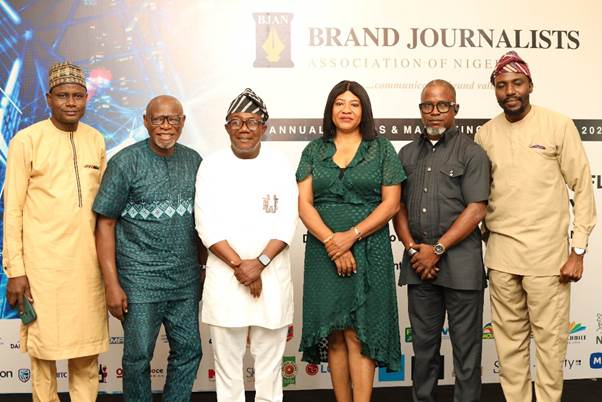
The brand’s participation at the BJAN Conference emphasised its long-standing dedication to advancing responsible, technology-enabled marketing practice across Nigeria and beyond.
From L–R: Dr. Dare Ogunyombo, Lecturer, Olabisi Onabanjo University, Ago Iwoye; John Ehiguese, CEO, Mediacraft Associates, Lagos; Daniel Obi, National Chairman, Brand Journalists Association of Nigeria (BJAN); Clara Okoro, Immediate Past Chairman, BJAN; Dr. Samuel Ayetutu, Chairman, NIPR Lagos Chapter; and Tomi Ogunlesi, Divisional Head, Brands and Communication, Interswitch, at the 2025 Brands and Marketing Conference organised by the Brand Journalists Association of Nigeria (BJAN), held recently at the Oriental Hotel, Victoria Island, Lagos.
By Winifred Bosa
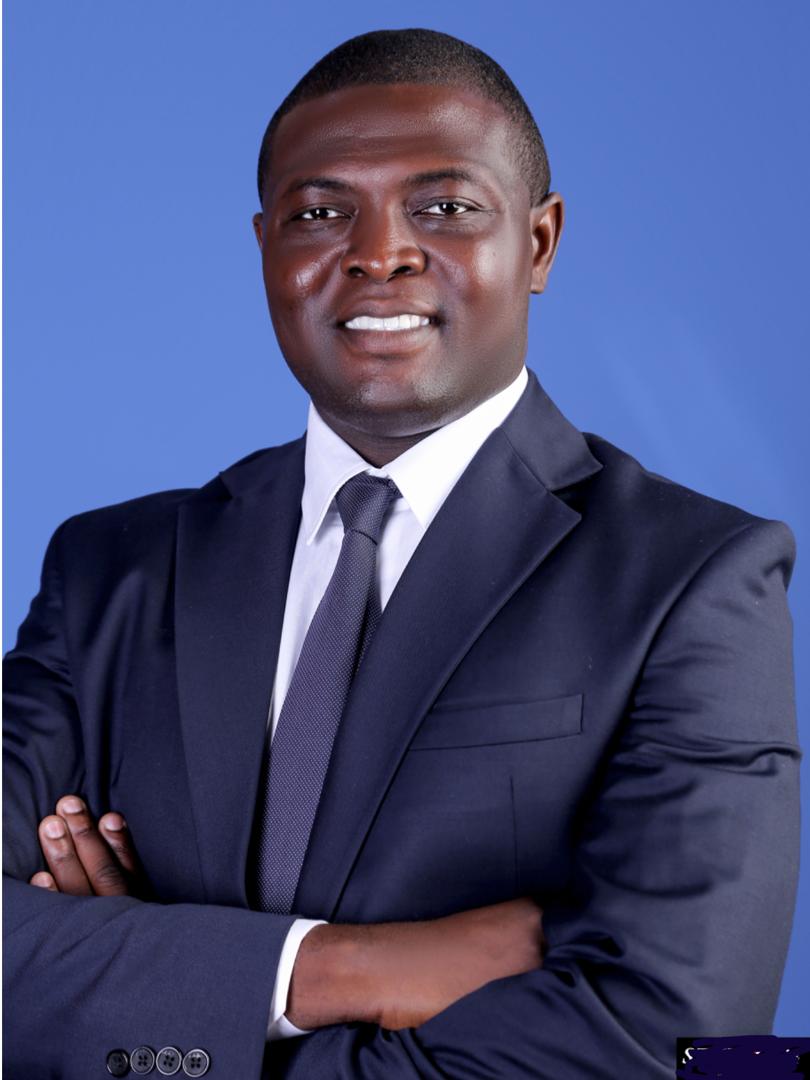
In an audacious move to assist FrieslandCampina WAMCO in consolidating its position as the leading dairy brand in Nigeria, Olusanya Adesanya, former commercial director at Guinness Nigeria, has joined FrieslandCampina WAMCO Plc as the Group Director of Sales.
Adesanya, who announced this on his LinkedIn and was captured by the media, said, “I’m happy to share that I’m starting a new position as Director of Group Sales at FrieslandCampina.”
Adesanya, who wrote on his social media handle after his announcement, stated that as players in Nigeria’s complex and fragmented business landscape, we must adapt, focus on what’s within control, and remain obsessed with our users/consumers.
In his meeting with the chief commercial officer of MTN, Olusina Adegoke, during the Sales and Distribution Conference recently, Adesanya said, “We explored the secrets to unlocking market share in a near-saturated market. The algorithm for success is precise: agility, customer obsession, effective commercial footprint, and flawless execution – every day, everywhere. These remain relevant also to what we continue to strive and drive flawlessly with the commercial engine in Guinness Nigeria.”
The foremost commercial expert, who had driven the fortune of the foremost brewery giant, has been integral to the Guinness resurgence in recent years.
In a statement released by Guinness Nigeria and signed by its managing director/chief executive officer, Girish Sharma, “After twelve remarkable years of positive impact and growth, our Commercial Director, Adesanya Olusanya (Sanya), has decided to make a bold move, exiting Guinness Nigeria, effective October 2025, to pursue a personal passion.”
Adesanya joined Guinness Nigeria in 2013 as a Sales Rep, and his journey has been one of remarkable personal growth and contributions to Guinness Nigeria. The business is genuinely proud of what Sanya has achieved and his leadership. Over 12 years, Sanya has demonstrated exceptional dedication and leadership, driving retail growth and commercial transformation, and has worked across the South-East, Lagos, and South-West of our business, ultimately attaining the position of Commercial Director in 2023.
He successfully launched Project REAP, revolutionizing retail execution; expanded our distribution base, primarily to grow numeric distribution; and contributed to Group transformational projects in Ghana and Kenya. Under his leadership, the Commercial team achieved double-digit topline growth, improved gross margin, trade spend efficiency, and fostered excellence in people and distributor profitability, all driven by his mantra “always go the extra mile”.
“His achievement in the last 12+ years has earned him critical awards, including the Prestigious African President Awards 2021, MAD Awards 2014 and 2015.”
In a statement posted by Guinness Nigeria, Olusanya said: “I am truly honoured for the opportunity to have been part of the journey of Guinness Nigeria over the last twelve years. The chance to have been part of the journey of a business with such a rich heritage is a privilege that I have embraced with gratitude and humility. As I make this life-changing decision for the next move in my career, I wish the business and my wonderful colleagues in Guinness Nigeria, particularly the Commercial team, as well as our truly wonderful Trade Partners, all the best for the future”.
Congratulating Olusanya on the latest move, the chief executive officer of UAC Foods, Oluyemi Oloyede, said, “Big, Big congratulations, Olusanya Adesanya. All the best in this new journey. Please don’t add alcohol to milk, ooo.”
Also wishing Adesanya well in his new career journey, business leader and C-Suite Executive Tsola Barrow said, “Congratulations, Sanya.”
Adesanya, who joined Guinness Nigeria in November 2013, has led Guinness Nigeria to success by formulating a winning commercial strategy, driving revenue growth and profitable market share, and unlocking the full potential of the company’s innovation and people to achieve competitive advantage, while sustaining excellence across our business.
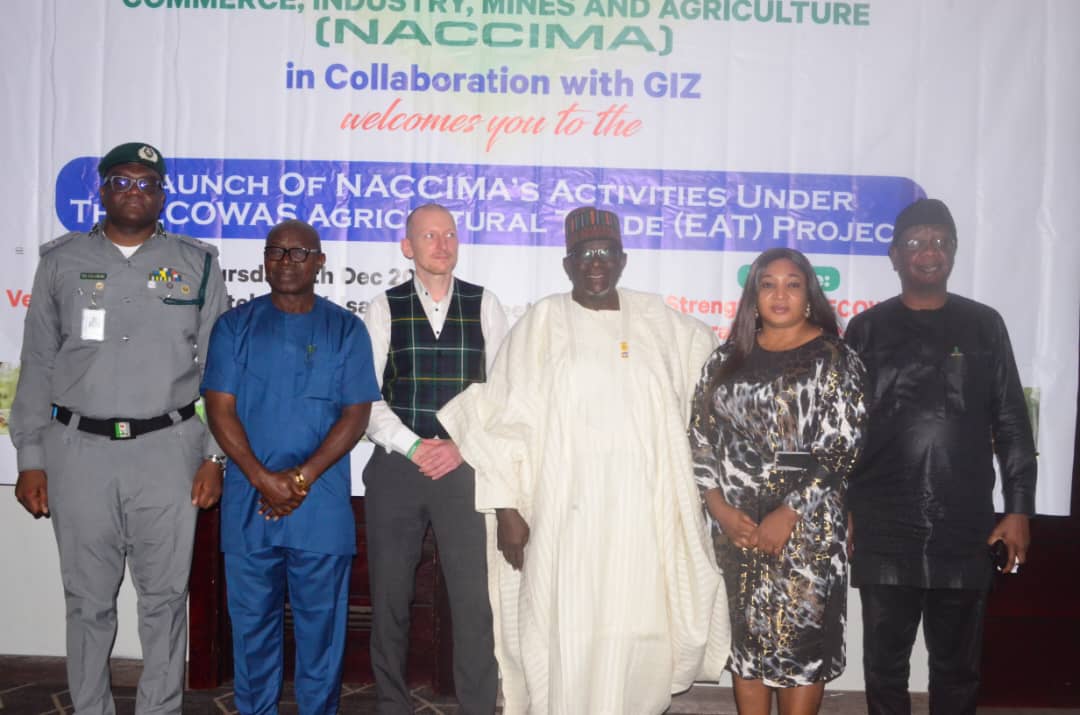

…Trains Recovery Agents On Recovering Pension Liabilities From Employers
The Director General of the National Pension Commission (PenCom), Ms. Omolola Oloworaran, has announced that PenCom has ushered in a new era of zero tolerance for pension defaults with accredited Recovery Agents serving as the cornerstone of Nigeria’s social contract with its workers.
Ms. Oloworaran represented by the Commissioner Inspectorate of the Commission, Hon. Samuel Chigozie Uwandu stated this during an intensive Training Workshop for accredited Recovery Agents held in Lagos on 2 December 2025. The training marked a renewed nationwide compliance push to recover outstanding pension contributions and penalties from employers who persistently violate the Pension Reform Act (PRA) 2014, which mandates remittance of pension contributions within seven working days of salary payment.
The workshop, attended by enforcement officers, resource persons and pension industry stakeholders, outlined new strategic initiatives that will strengthen enforcement efforts, deepen inter-agency collaboration, and empower recovery agents to tackle non-remittance of pension contributions with greater precision and authority.
Speaking further at the workshop, the Director General reaffirmed PenCom’s commitment to enforcing strict compliance across the pension industry.
PenCom currently engages Recovery Agents to audit defaulting employers, calculate outstanding pension liabilities, issue demand notices, and facilitate recovery of unremitted pension contributions. Recovery Agents’ work has been instrumental in enforcing compliance since the start of the recovery exercise in 2012.
PenCom data shows that the Commission has cumulatively recovered ₦32.27 billion, comprising ₦15.87 billion in principal contributions and ₦16.40 billion in penalties from defaulting employers between June 2012 and September 2025.
In addition, PenCom recorded significant compliance gains in the third quarter of 2025 alone, recovering ₦2.06 billion (₦775 million principal and ₦1.27 billion penalties) from 49 defaulting employers, reflecting a sustained surge in enforcement activities.
Ms. Oloworaran told the workshop participants that despite the successes of the Contributory Pension Scheme (CPS), persistent defaults by employers threaten the fundamental purpose of the system.
“Every unremitted Naira represents a broken promise to a Nigerian worker,” she said. “This Commission has moved from promoting voluntary compliance to mandating enforced compliance. The era of impunity is over.”
She recalled that the appointment of Recovery Agents followed a competitive, transparent selection process, reflecting PenCom’s confidence in their capacity, professionalism, and integrity. She reminded participants that they are the “operational arm of PenCom’s enforcement will” and are critical to PenCom’s strategy to safeguard workers’ retirement savings.
The Director General outlined several bold initiatives forming PenCom’s expanded enforcement architecture, including forming stronger partnerships with key regulatory bodies such as the Corporate Affairs Commission (CAC), Federal Inland Revenue Service (FIRS) and other relevant agencies. Under these partnerships, employers’ compliance with the PRA 2014 will influence their standing with these bodies. The DG noted that defaulting employers will face consequences beyond PenCom, as non-compliance may affect business operations, access to government services, and regulatory privileges.
PenCom DG also brought to the attention of the participants the newly executed Memorandum of Understanding (MoU) with the Independent Corrupt Practices and Other Related Offences Commission (ICPC), which empowers ICPC to hold the management of recalcitrant employers personally accountable, making pension defaults a matter with potential criminal implications.
“This MoU is a decisive step to give teeth to our recovery efforts,” the DG stated. “No employer should imagine that withholding workers’ pensions is without consequences.”
The training modules delivered at the workshop were designed to deepen RAs’ skills in employer audit and compliance assessment; liability computation and negotiation; documentation and evidence management; engagement protocols under PenCom’s new enforcement architecture and use of enhanced digital compliance tools and reporting systems.
Participants were also briefed on PenCom’s internal reforms aimed at ensuring faster processing of reports, better coordination between departments, and stronger monitoring of ongoing recovery activities.
The DG concluded her remarks with a powerful charge to the Recovery Agents:
“You are the ambassadors of this new resolve, an Act with unwavering ethical standards, exercise professional care, and be relentless in securing what is rightfully due to the Nigerian worker.”
She said that PenCom stands fully behind the agents and will provide all necessary institutional support to ensure that every kobo owed to Nigerian workers is recovered.
The workshop ended with a renewed sense of mission as PenCom and its accredited Recovery Agents prepare to intensify nationwide compliance activities throughout 2026 and beyond.
 LarryBravo Nwaiwu
LarryBravo Nwaiwu
 Seplat Energy Plc, foremost Nigerian independent energy company, has received three (3) awards for market excellence (2025 Highest Net Asset Ratio) at the PEARL Awards 30th Anniversary and Awards Nite in Lagos; Upstream Deal of the Year at the World Energy Capital Assembly (WECA) Awards in London; and Education Intervention of the Year recognition at the SERAS Africa Sustainability Awards in Lagos.
Seplat Energy Plc, foremost Nigerian independent energy company, has received three (3) awards for market excellence (2025 Highest Net Asset Ratio) at the PEARL Awards 30th Anniversary and Awards Nite in Lagos; Upstream Deal of the Year at the World Energy Capital Assembly (WECA) Awards in London; and Education Intervention of the Year recognition at the SERAS Africa Sustainability Awards in Lagos.
The PEARL Awards (Performance, Earnings, and Returns Leadership Awards), established in 1995, are designed to honour companies listed on the Nigerian Exchange (NGX) for exceptional operational and stock market performance. The Awards aim to promote the vibrancy, growth, and development of Nigeria’s capital market. The highest return on net assets (RONA) ratio for which Seplat Energy was recognised, compares a firm’s net income with its assets and helps investors to determine how well the company is generating profit from its assets. The higher a firm’s earnings relative to its assets, the more effectively the company is deploying those assets.
Speaking on the awards, the President/CEO of Pearl Awards, Mr. Tayo Orekoya, said each of the competitive award categories, ranging from the sectoral leadership awards to market excellence awards and the most prestigious overall highest award, is the result of an objective and data-driven ranking process.
The NGX Chief Executive Officer, Jude Chiemeka, commended the foresight of the founders of the Pearl Awards, acknowledging their role in motivating performance excellence over the years. According to him, by recognising companies via quantifiable and verifiable metrics, the awards have strengthened discipline and transparency across the market.
The WECA Awards of Excellence represents a global benchmark of excellence for those working across the upstream industry. The awards recognise and honour the individuals and companies who have been at the forefront of first-class deals, value creation, innovation, or exceptional financial and operating performance. It also celebrates the executives who continue to change the face of the oil and gas industry, demonstrating outstanding leadership and performance.
The SERAS Awards promote excellence and best practice in CSR and Sustainability, provide a yardstick for measuring excellence and drive adoption of CSR and Sustainability in Africa. The awards also celebrate the continent’s most influential organisations and leaders driving transformative sustainable development.
In his address, Ken Egbas, Founder of The SERAS, explained that the 2025 theme -“Sustainability 2.0: Innovating for Impact and Inclusive Growth”—signals a decisive shift toward bold, future-focused action.
“Africa cannot afford business as usual. We must innovate—relentlessly, boldly, audaciously. We must connect growth to inclusion, profit to purpose, ambition to equity. This year’s organizations have shown that this future is attainable,” he said.